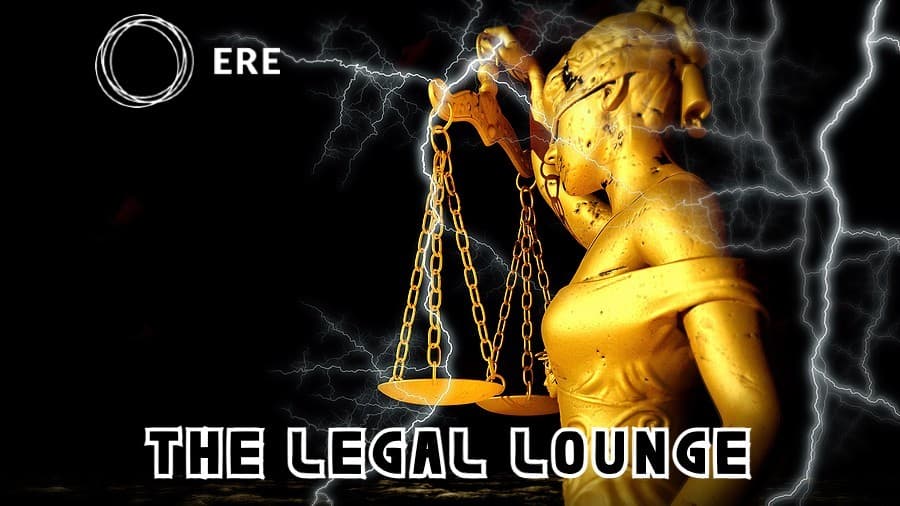Termination discrimination claims are devastatingly hard to prove. Even if you have the facts on your side, your entire personal life is likely to be on display for the very organization that you believe has just wronged you. You’ll also probably have to sit in the hurt for months and months before your case is finally resolved. If there’s a verdict in your favor, the organization will likely appeal it or might even declare bankruptcy, making justice ever elusive through the court system.
Failure-to-hire discrimination claims are even harder to prove. Not only is everything above true, but you also don’t get to see who the other candidates were, what the hiring criteria were, how others interviewed or were evaluated, or what was said about you. Without these “facts,” you’re likely to lose.
Simply put, the legal system isn’t really there to help you unless you can get through its gauntlet. And quite often, you can’t. This is why you, dear recruiter, need to find your titanium spine.
Even if you’ve lived in a teacup during the last two weeks, you’ve seen the pain that systemic racism causes our neighbors, friends, and colleagues. But it’s not just police brutality that causes this pain. It is our failure as employers to really take diversity, inclusion, equity, and belonging initiatives seriously — and then recognize that such failure contributes greatly to the pain.
As employers, we have failed to do the right thing, like hiring the black man who has the skills for the job over the white lady who has friends in the organization. Or like pushing for the internal Latina candidate for promotion instead of looking outside the organization. It’s time to step up, speak out, and use our influence to do what’s right.
Step Up
Stepping up starts with recognizing that bias exists all around us. Learning that bias is everywhere is essential. Even those of us who have worked our entire professional careers to eliminate misogyny and racism are still learning and working to eliminate our own biases.
This is not a one-time learning event; it’s a long slog of constantly doing self-checks, pausing to ask ourselves the hard questions, like “Would I say this about a white or male candidate?” or “What exactly is it about this candidate that’s making me feel this way?”
Then it’s about getting uncomfortable with the answers, as well what we see and hear around us. It’s also about reading the books, listening to the podcasts, doing the research, evaluating our organizations, and really, really listening to employees and what they want to see from us.
Speak Up
Speaking up requires us to use our voices when we see bias at play. As a TA professional, you get to see, identify, and feel the bias. Consequently, you have the opportunity — the responsibility — to do something about it.
You can build relationships with community-based organizations (including mosques, churches, synagogues) so you can reach out to them to talk about job vacancies. You can ask all sorts of questions, like why a hiring manager is ignoring a particular candidate, what makes a manager think a candidate isn’t the right “cultural fit,” or if a college degree is really necessary for a position. None of these tactics are new or revolutionary. We’ve known about them for decades, but we’ve never truly taken them seriously.
Let’s finally take them seriously.
Use Influence
Using our influence requires us to put our own livelihoods on the line for our neighbors, friends, and colleagues. When we know bias is rearing its ugly head, we can’t do nothing or pretend we’ll fix it with the next hire or the hire after that. We have to exercise our titanium spines to document wrong we see, to create evidence.
If black lives matter at our organizations, we actually have to seek to hire, promote, and foster black candidates and employees. We have to force our organizations to put their money where their mouths are to help our communities do better. We can do this by building relationships with local non-profits looking to build talent skills in minority and immigrant communities. We can invest in skills and manager training for our people instead of relying on expensive college and MBA programs that are out of reach for many low-income candidates. We can evaluate whether certain job requirements are nice-to-haves or real need-to-haves.
Building the backbone to do this takes courage, but you’ve got it in you. Yes, you could get fired. But wouldn’t it be great to get fired for doing the right thing than letting communities continue to suffer? Wouldn’t it be great to explain why you did what you did to your kids instead of meekly accepting pay from an organization you know has done the wrong thing? There will be a better employer that will appreciate your ethics and willingness to question.
As recruiters, we live in the privilege that if the employer gets in trouble for discrimination, it will not be our livelihoods that suffer. There’s likely insurance and fancy lawyers that will help the organization get through the legal system relatively unscathed.
But our neighbors, friends, and colleagues will suffer. For far too long, we’ve let the law and the legal system be our comfort zone. However, if we are ever going to fix our society — so it truly reflects who we are as a community in our organizations — it’s going to be you who has to step up and exercise your titanium spine.
